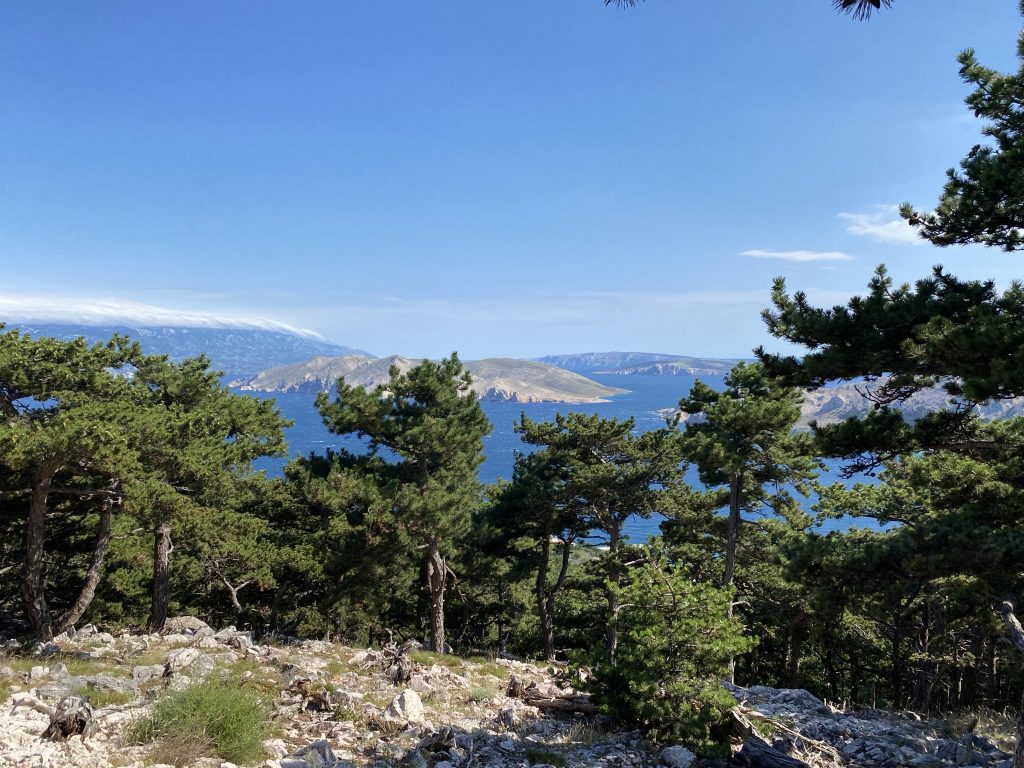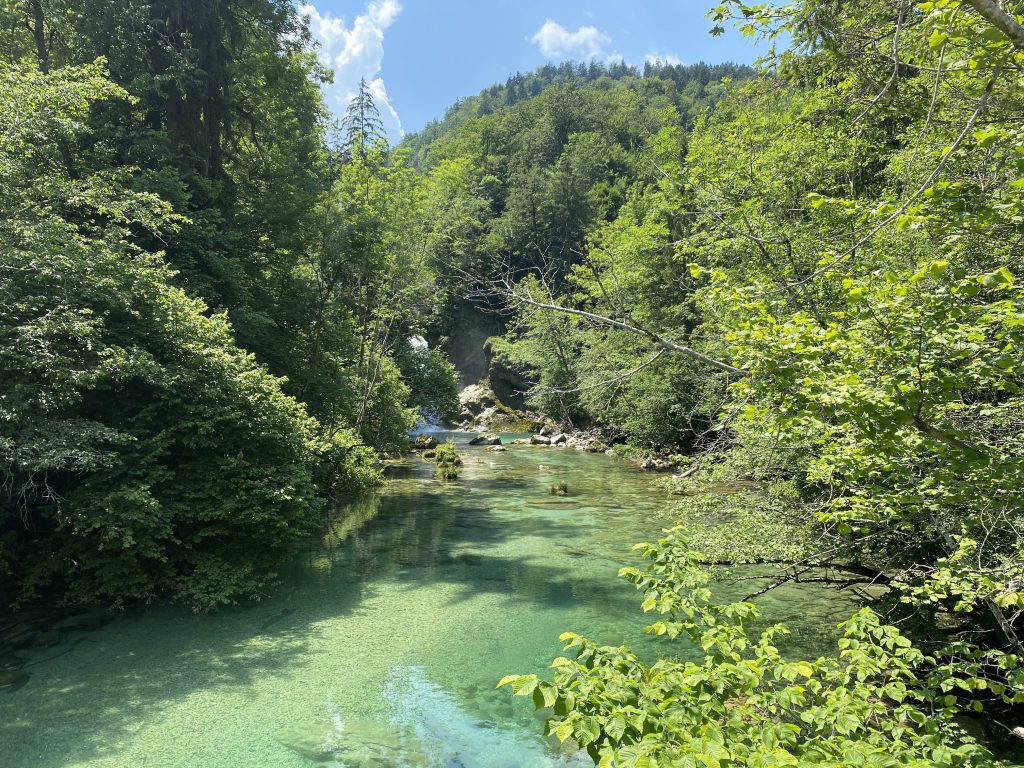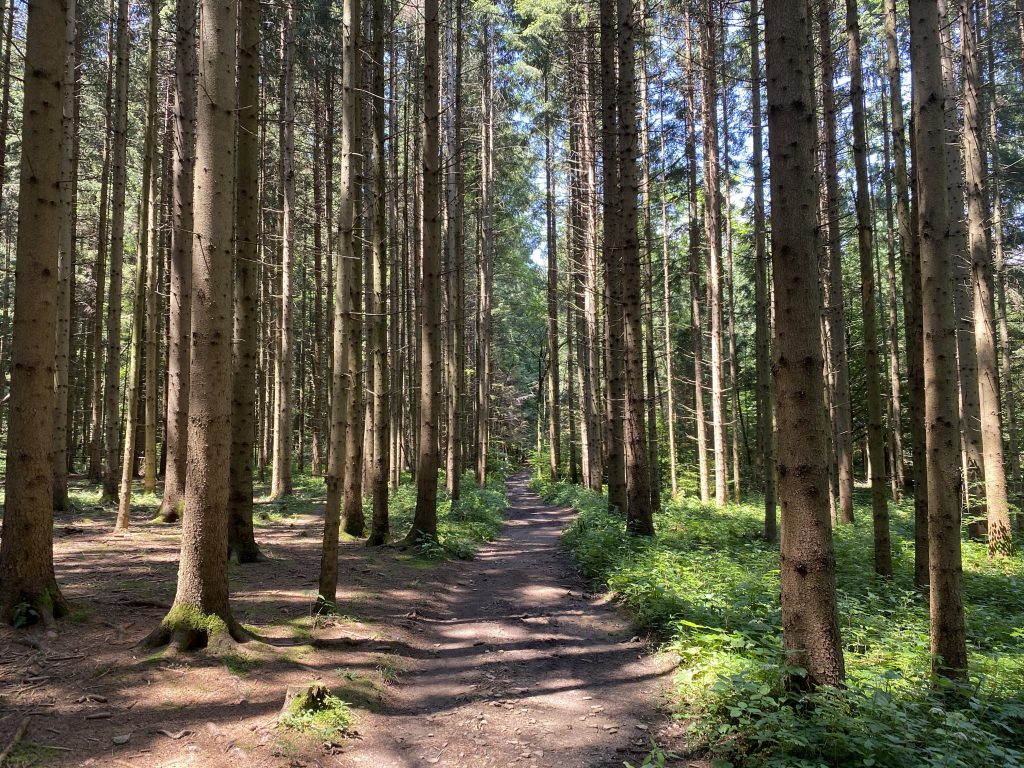Sustainable tourism. People are talking about it a lot lately, and my website is built upon this principle. But what’s actually meant by those words? Is it nothing more than another new buzz phrase to replace ‘ecotourism’, or is there something else to it?
The simple answer: ecotourism focuses on natural areas and conservation, while sustainable tourism addresses all forms of tourist activity. But apart from that distinction, in general the principals of ecotourism cover about half of sustainable tourism’s definition. The other half has to do with the social and economic impacts of tourism.
The Global Sustainable Tourism Council (GSTC) is one of the foremost sustainable tourism organizations, and their Vision explains it pretty well:
Tourism fulfills its potential as a vehicle for social, cultural, and economic good while removing and avoiding any negative impacts from its activities in terms of environmental and social impacts.
So, in a nutshell, sustainable tourism seeks to maximize the various positive impacts of tourism, while minimizing (or better yet, eliminating) the negative impacts. Simple, right?
But does committing to travel sustainably mean that I have to stop flying?
If you’re going to take an absolutist approach to the environmental side of the question, then I suppose the answer is yes. However, we all know things are never entirely black or white – shades of gray are everywhere, and the impact of aviation is one of them.
There’s no doubt that aviation pollutes the atmosphere, and it makes up a growing portion of the world’s CO2 emissions, 2020 notwithstanding. On the other hand, aviation also makes some good things happen by connecting people and places that were previously much more isolated from each other.

My personal view is this: aviation facilitates long-haul travel in a way no other currently available mode of transportation does. But since we know it also has negative impacts, we should think very carefully about how we use it, by considering when, or even whether, it’s really necessary to fly in any given instance.
An example: the quick (1 week or less) getaway. Sometimes you just want a break from the daily grind, coupled with a change of scenery, right? For those of us with the means to do so, there are tour companies, hotel chains and cruise lines offering us a plethora of package deals, flight included. But could we accomplish both a quick break and a change of scenery without stepping on a plane? I personally think so.
Another example: you want to take an extended trip (definitely >1 week, better yet 2-3 weeks or more) to someplace very different from your home. You’re going there to have new experiences and learn something about your destination. Maybe you’ve saved up to take your kids along as well, so they can also see something of the world and broaden their horizons. You take a flight to your chosen destination, because with your limited time off from work/school there’s just no other realistic way to get there. Is this sustainable? Again, I personally think so, especially if you make sure you stay long enough to make the trip worthwhile and you’re not doing so multiple times a year. I’m joking of course, who has the money or the time for that?!?



What else makes tourism more sustainable?
A whole bunch of things, but I’ll highlight two of the big ones.
Preventing leakage. I don’t mean making sure that your shampoo doesn’t spill into your suitcase…although you should absolutely do that! I mean doing your best to make sure that as much of the money you spend during your trip remains in the community you visited as possible, instead of “leaking” into the pockets of outside corporations who take their profits abroad. This is most important for destinations in the Global South, where tourism investment often comes from abroad and profits are siphoned right back out, leaving the local community not much better off for it, if at all. Simply making the effort to find locally-owned lodging, dining and tour establishments goes a long way towards reducing leakage.
Slowing down. It’s not a race, folks, and presumably you’d like to return home more relaxed and refreshed than when you left. So, take it easy, and don’t try to cram too much into a single trip! Doing this will almost by default result in a more sustainable form of travel, not to mention a more positive experience for you.



Anything else?
Sure, there’s plenty more – but let’s save it for another day. I wanted to stick to the basics this time, but in future posts on the sustainability theme I’ll maybe dive into particular topics a little more deeply. Till next time!
Check out my next post on the topic of sustainability here.





This Post Has 2 Comments
Pingback: Why Travel Sustainably? - Wanderlust for Life
Pingback: Why sustainable tourism has (so far) failed - Wanderlust for Life